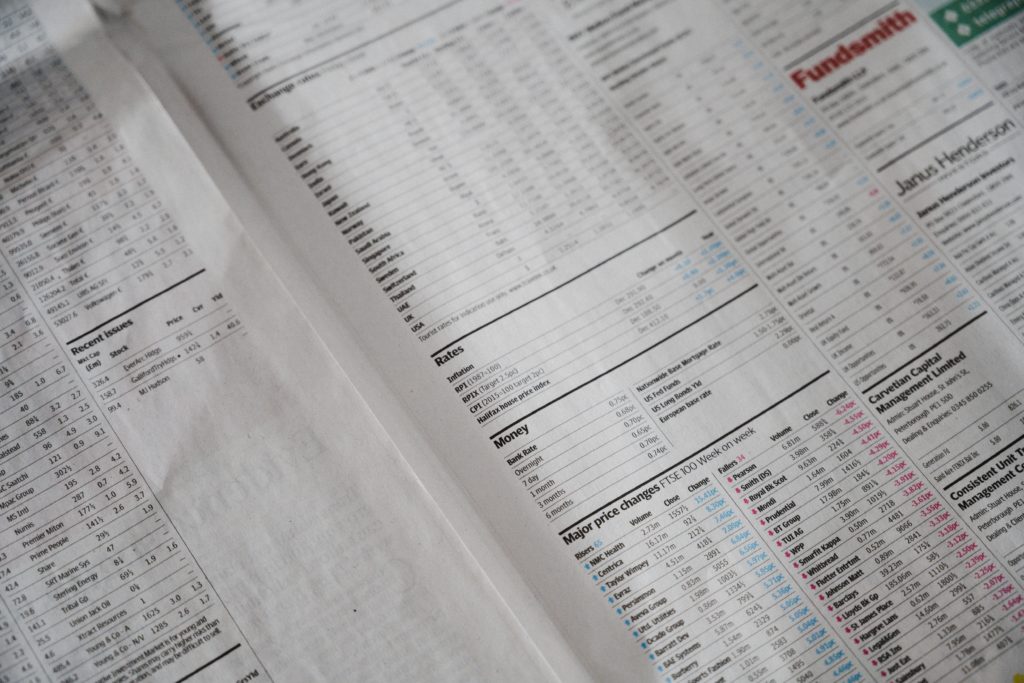Taxes in Netherlands
The Kingdom of the Netherlands is one of the most stable and economically developed countries in Europe. The Dutch fiscal system is in line with the general trends in EU tax policy, but at the same time retains certain local characteristics. The Netherlands includes some islands, but they have their tax regime, which is in line with the general principles of the Kingdom.
What are the taxes
The subject of tax law in the Netherlands is all entrepreneurs, corporate companies, and individuals, regardless of what type of activity the company conducts. While corporate organizations pay corporate tax, individuals and entrepreneurs are subject to income tax. However, this is far from the only type that taxation in the Netherlands uses. Depending on the type of activity and form of ownership, dividend tax, payroll tax, income tax, etc. are imposed. The tax rate also varies.
System of taxes and fees
Corporate income tax. Its rate is 20% or more.
Dividend tax, its amount is 15%.
Tax in the Netherlands on wages, the amount of which depends on its level.
Investment and savings tax – 30%.
VAT, which is 21%. There is also a reduced rate of 6%, which applies, for example, to food and medicine.
Companies incorporated under the laws of the Netherlands are taxed at 34.5%, with the first € 22.689 being taxed at a rate of 29%. The list of exceptions includes permanent establishments of foreign companies whose income is not taxed.
Corporate income tax
The federal corporate income tax rate in the Netherlands is set at 20% for legal entities with a total annual income of up to 200 thousand euros, and a rate of 25% for legal entities with a total annual income of more than 200 thousand euros.
Withholding tax
The tax rate is 25% on dividends and other forms of distribution of profits paid by a Dutch resident company. Based on the agreement on the avoidance of double taxation, this tax can be reduced. Interest and royalties paid by a Dutch resident company are not subject to withholding tax.
Personal income tax
The tax rate on payments from the income of individuals in the amount of 40.8% is established for those entities with an income of 33,791 to 67,072 euros. If the upper limit for this category is exceeded, then the total income tax will be 52 percent.
Request bookkeeping solution
If you have a company in Holland, it is mandatory to do accounting and complete all taxation rules according to the Netherlands laws.
Tax system
Residents are taxed on “worldwide” income, non-residents are taxed on income earned in the Netherlands.
Income tax is calculated at a progressive rate:
20% for profits not exceeding EUR 200,000;
25% for profits above EUR 200,000; it is planned to reduce the rate to 24%.
Withholding tax on payment of income:
Dividends – 15% (excluding the possibility of using reduced rates)
Interest – 0%
Royalty – 0%
VAT:
The general rate is 21%, the preferential rate is 6%.
There is no VAT registration threshold.
Tax period – month, quarter, or year.

Stamp duty: 0%
Capital gains tax:
The general rate is 25%.
No capital gains tax arises on the transfer of shares in the holding company if the exemption requirements are met.
Small-capitalization rule:
Following the POC, interest payments, the amount of which exceeds the company’s equity capital by 3 times, cannot be expensed.
Controlled foreign companies: There is no specific legislation on controlled foreign companies.
Transfer of losses:
The taxpayer has the right to carry forward the loss for the future within 9 years following the current tax period. Carry-over of losses is allowed for 1 year preceding the current tax period. Expenses incurred, for example, in 2009 and incurred in 2011 can, on request, be charged to the previous three-year period.
Special restrictions are set for the carry forward of losses by holding or financial companies.
Direct tax
Direct tax is one that is assessed on an individual (legal or natural) or property (i.e. real and personal property, livestock, crops, salaries, etc.) as distinct from the transaction tax.
Indirect tax
An indirect tax is a tax imposed by an agent (such as a retail store) on a person who carries the ultimate economic tax burden (such as the consumer). Subsequently, the intermediary issues a tax return and returns the tax proceeds to the nation.
Fees
In any of the aforementioned groups, net income is calculated on all total earnings earned over the fiscal year and decreased by revenue-related expenditures for the same time. Losses from one of the seven types of basic income (except capital investment) should be entirely compensated against positive income from another category of income (exceptions which apply to other income').
Business in Netherlands
Our company provides services for setting up a company in Netherlands. The specialists of our company have the necessary knowledge, experience and qualifications. We can offer a consultation with taxes in Netherlands. In addition, we also provide business support, accounting and other services necessary for your business. Our specialists have vast experience in this field of activity. We will be happy to help you successfully open a business in Netherlands.
Ready for next step
Accelerate your business growth while we take care of everything else.